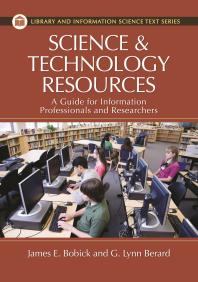Once you have defined your topic, the next step is to start a literature review. A literature review summarises, interprets and critically evaluates material that has already been published on a topic. The purpose is to establish current knowledge of a subject, identify gaps, inconsistencies and relations in the literature as well as outline areas for additional research and/or define a topic of inquiry.
Adopted from Charles Sturt University Library. (2017). Literature review. Retrieved from http://libguides.csu.edu.au/review
The Charles Sturt University Research Office has information on its web site to help you with the steps to writing a literature review.
There you can find links to resources from other universities, including:
Literature searching is an important aspect of the literature review. It is important to conduct an extensive literature search.
Basic steps to conduct a literature search:
Adapted from the University of Canberra Library. Information for Research Guide. Retrieved from https://canberra.libguides.com/c.php?g=599295&p=4148715
You will find some very useful information for your Assessment task about literature reviews in these two Library Resource Guides:
Also check out the Library's Training Tutorials and Videos which include lots of information on improving your research skills and using journal databases.
And of course - contact the Library if you have any questions about information resources and how to use them!
The Academic Skills Team provides free support services to assist you including individual appointments with Academic Skills Advisers, workshops, online discussion boards, study guides and tips, and more. The team has also made some academic writing resources specific to this area:
For more assistance, check them out at the Academic Skills Help page.
 Science and technology resources
by
Bobick, J. E., & Berard, G. L.
Science and technology resources
by
Bobick, J. E., & Berard, G. L.
Sage Research Methods Online - stream videos
The Sage Research Methods Online database has a number of quality resources to support you with writing your literature review.
These are just a selection to try:
Jensen, E. (2017). An introduction to literature reviews [Streaming video]. Retrieved from SAGE Research Methods.
O'Leary, Z. (2017). Am I the only one struggling to write a literature review [Streaming video]. Retrieved from SAGE Research Methods.
Charles Sturt University acknowledges the traditional custodians of the lands on which its campuses are located, paying respect to Elders, both past and present, and extend that respect to all First Nations Peoples.
Charles Sturt University is an Australian University, TEQSA Provider Identification: PRV12018. CRICOS Provider: 00005F.
